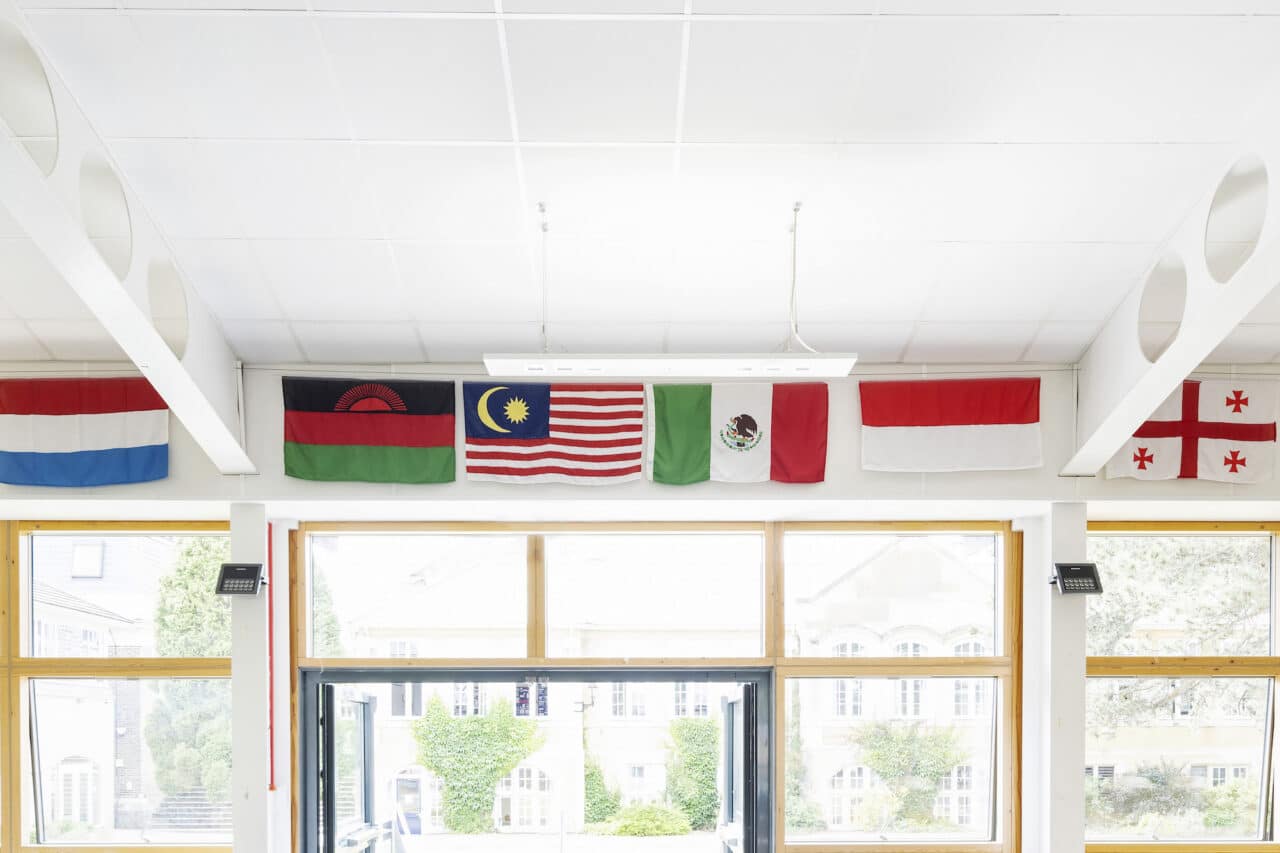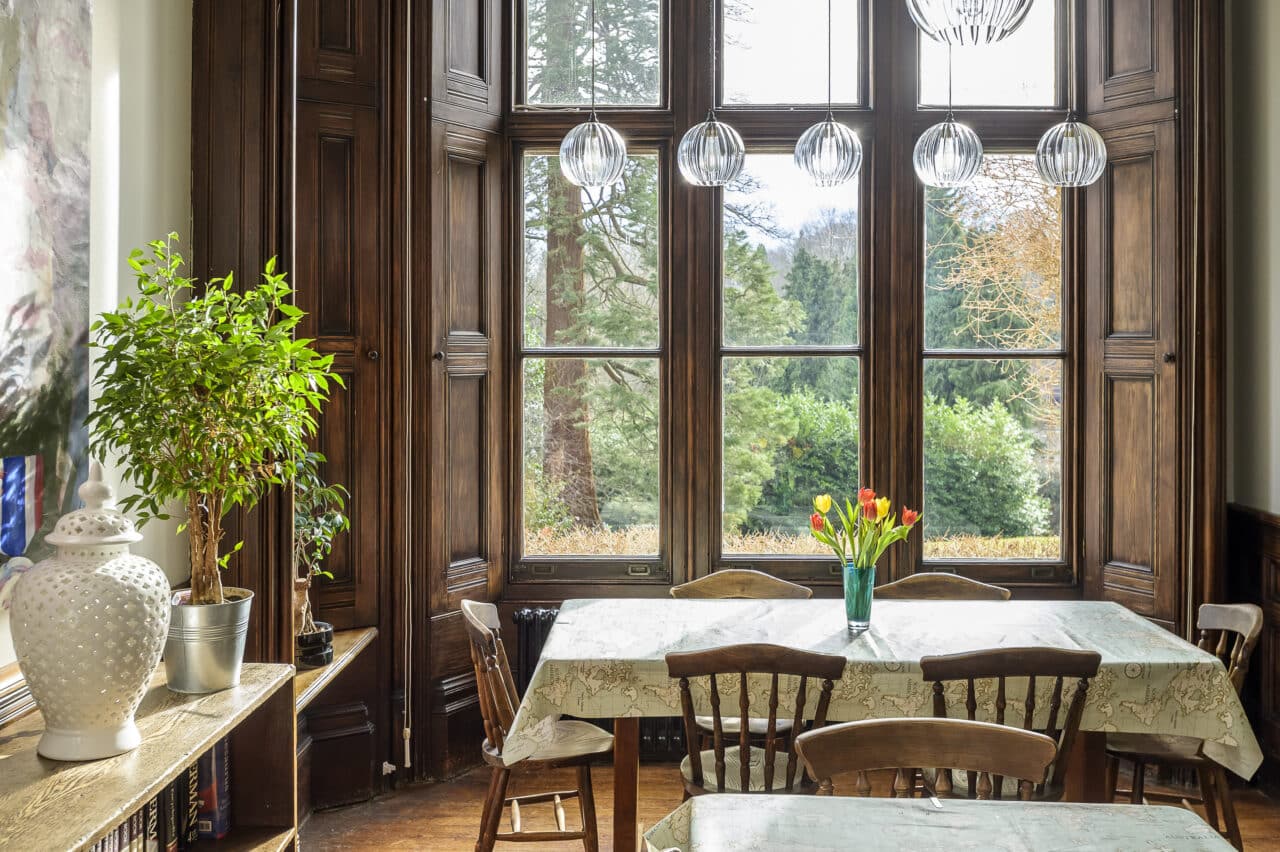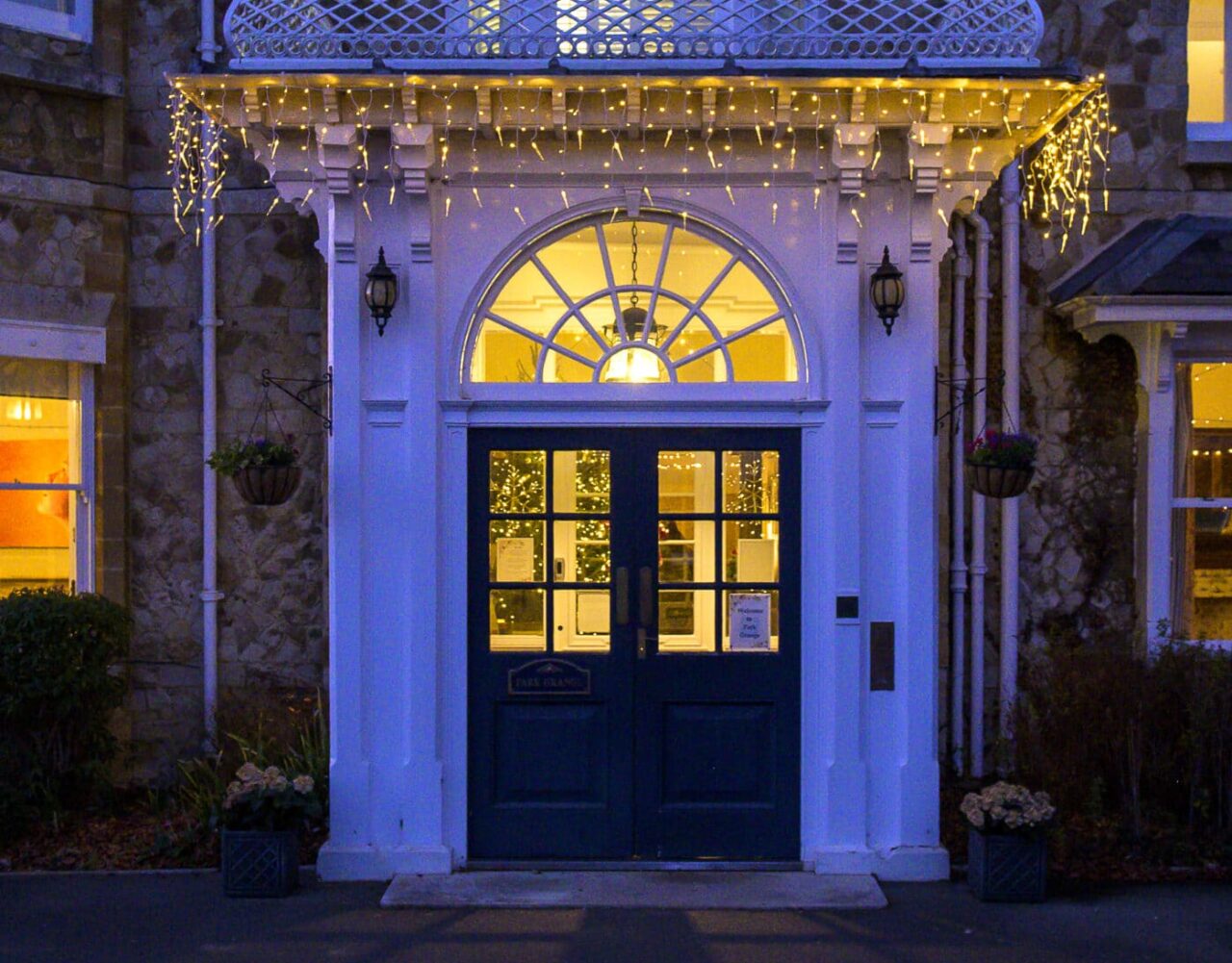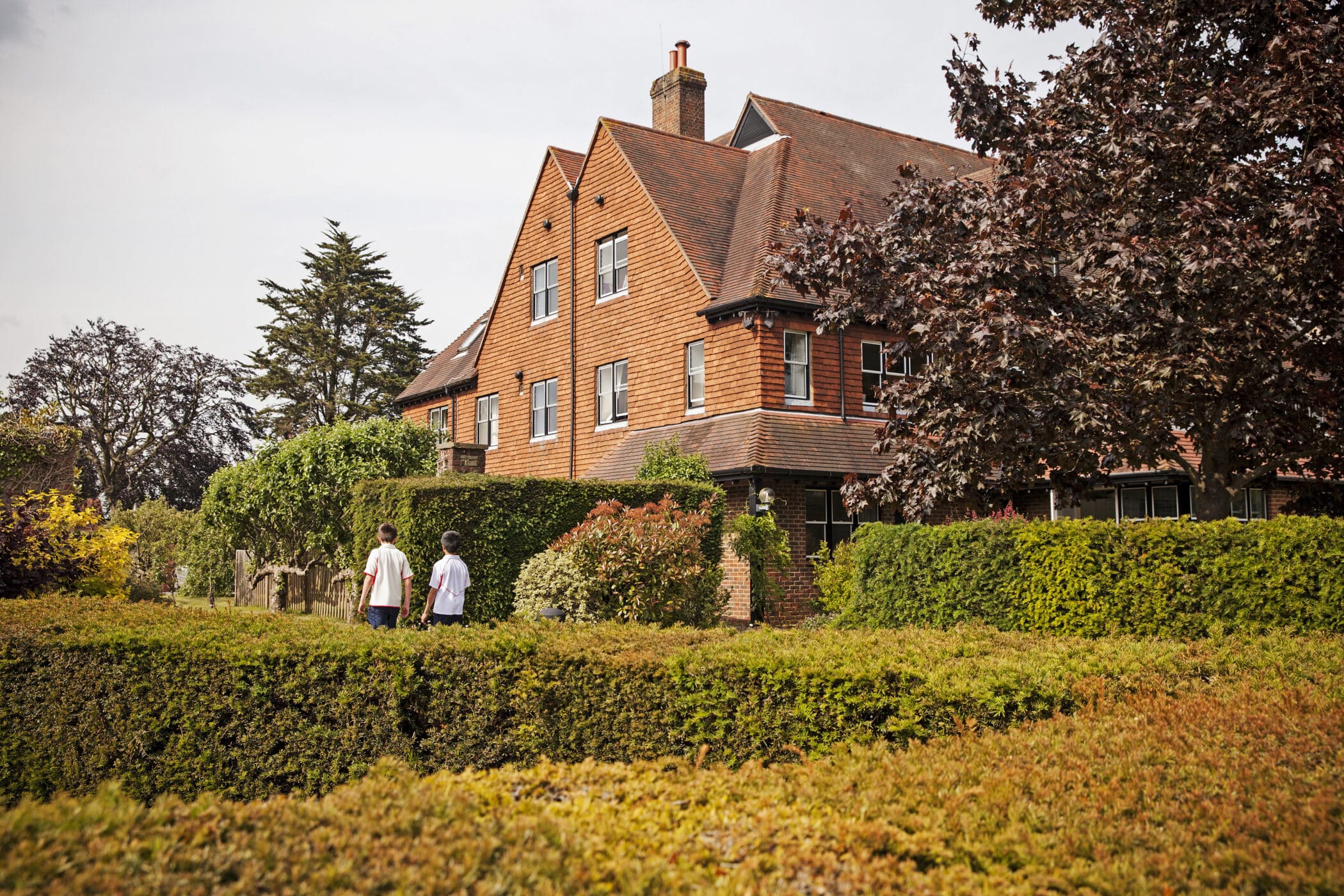
Boarding
Boarding Life
Our community is rich in academic and co-curricular high achievers, and we expect them to go on to thrive in the world of academia and in the best institutions in the world. But in everyday life, what our students really want is to feel acknowledged and supported, safe and secure. This is what our boarding community strives for.
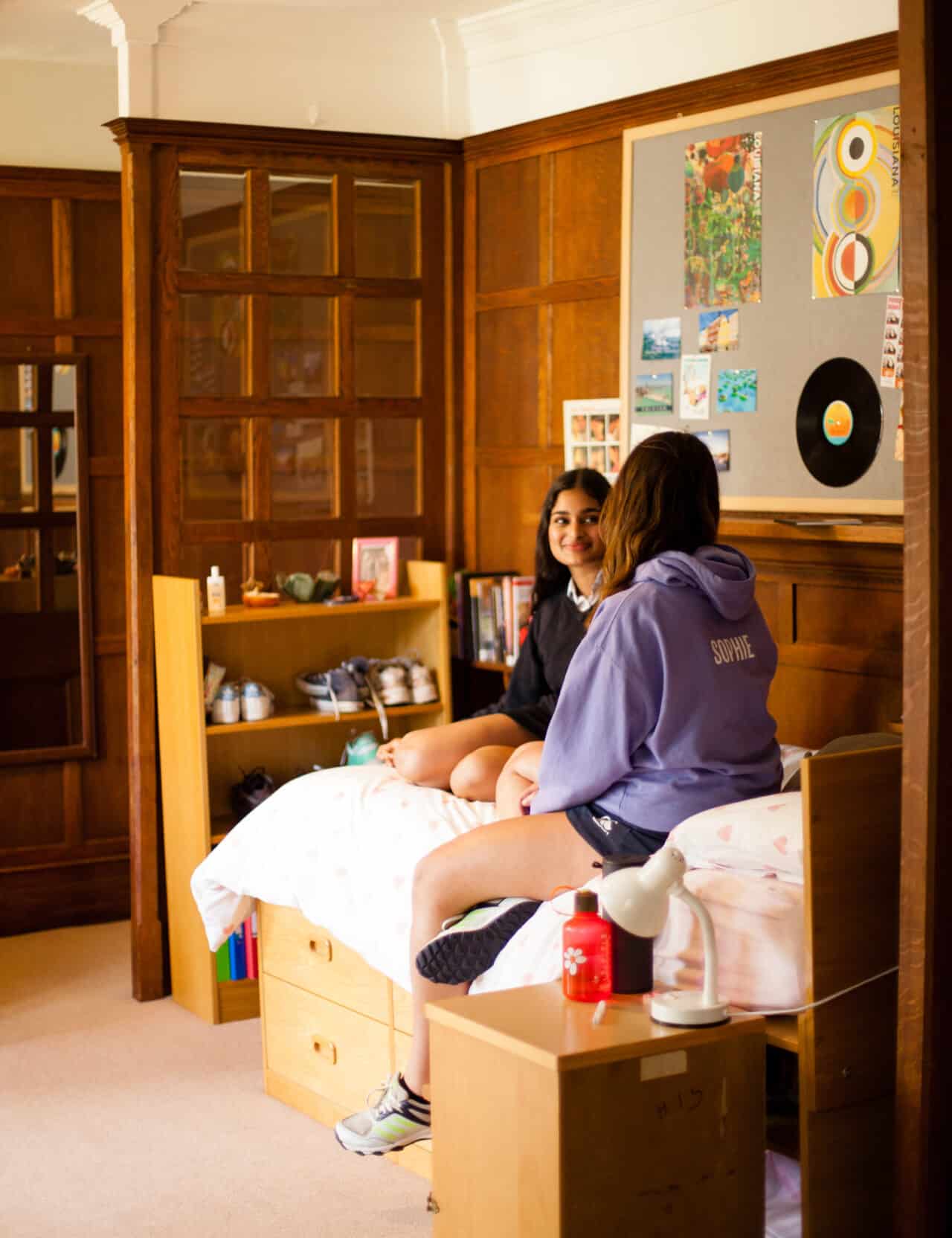
Boarding ethos
The school aims to provide its pupils with a happy and secure learning environment. Sevenoaks hopes to furnish its boarders with a structured, relaxed, consistent and friendly home in which to develop into young adults, full of self-esteem, with a developed sense of responsibility and a deeply held academic rigour. It is our belief that young people thrive on high expectations and plenty of justified praise. Our many boarding staff are genuinely conscientious, committed, caring and approachable.
We expect our pupils to:
- be courteous
- be respectful of others and their environment
- be supportive of others
- be tolerant
- show a commitment to all that they do
- play an active part in the school community
Communication is the key. We encourage our pupils to speak up about anything that is of concern to them. They are made aware of the channels of communication open to them at the beginning of the academic year. Parents must feel free to contact boarding house staff at any time about any matter.
Sevenoaks School is committed to creating an inclusive environment for students, parents, carers and staff. If you need this statement in a different format, please contact the Admissions team: regist@sevenoaksschool.org
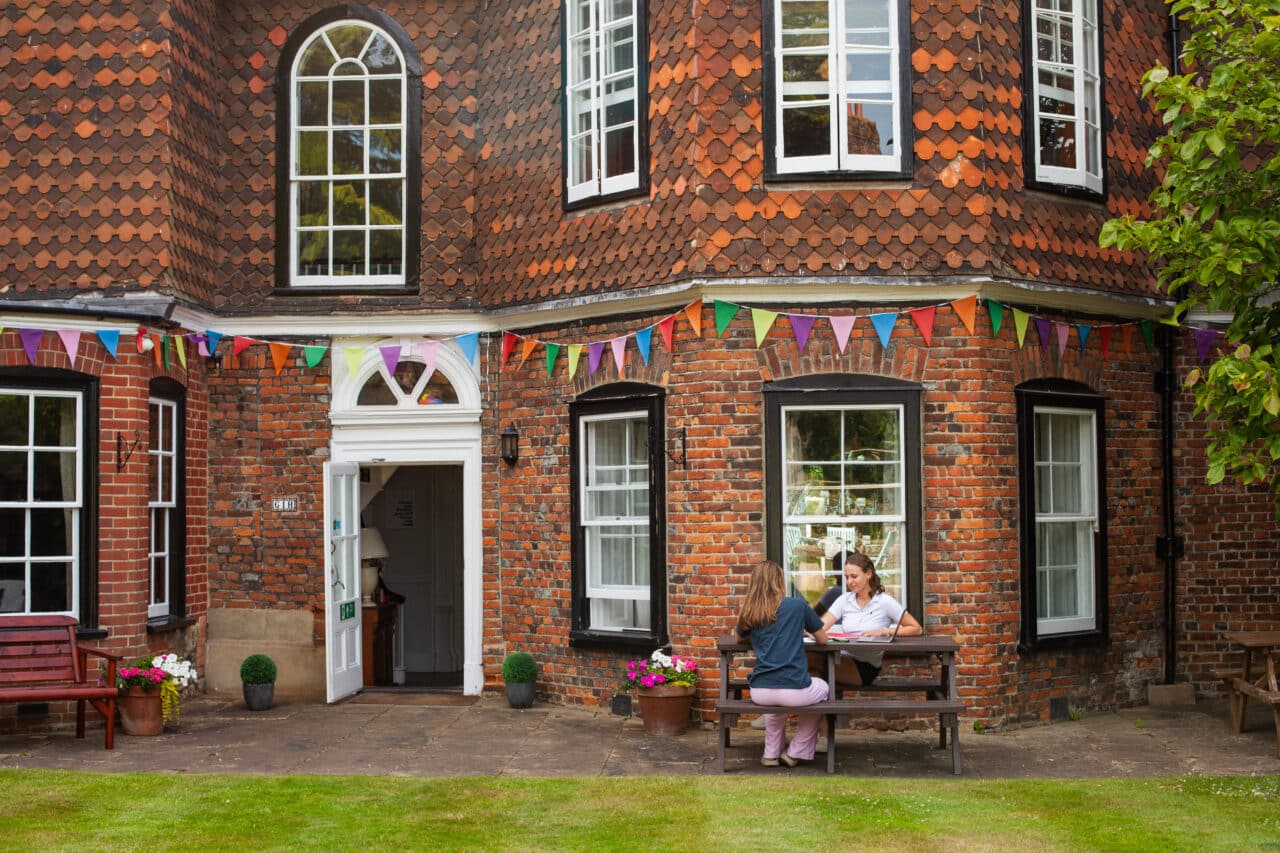
The Tutoring System
We have high expectations of our boarders, but we don’t expect them to meet those expectations without support.
Every pupil in the school is allocated a tutor, who becomes the primary liaison between parents and the school. All boarding tutors are members of our academic staff, so they understand the joys and demands of school life well. They put wellbeing at the forefront of the support they provide to students, by being a listening ear and offering help, by keeping an eye on academic and co-curricular progress, by helping students make good subject choices, and if needed, by assisting students manage workloads. Boarders see their tutors at least once a week in the boarding house, and also during the school day. In fact, the evening and weekend duties in the boarding house are shared between the academic tutors, so there is always someone available for help.
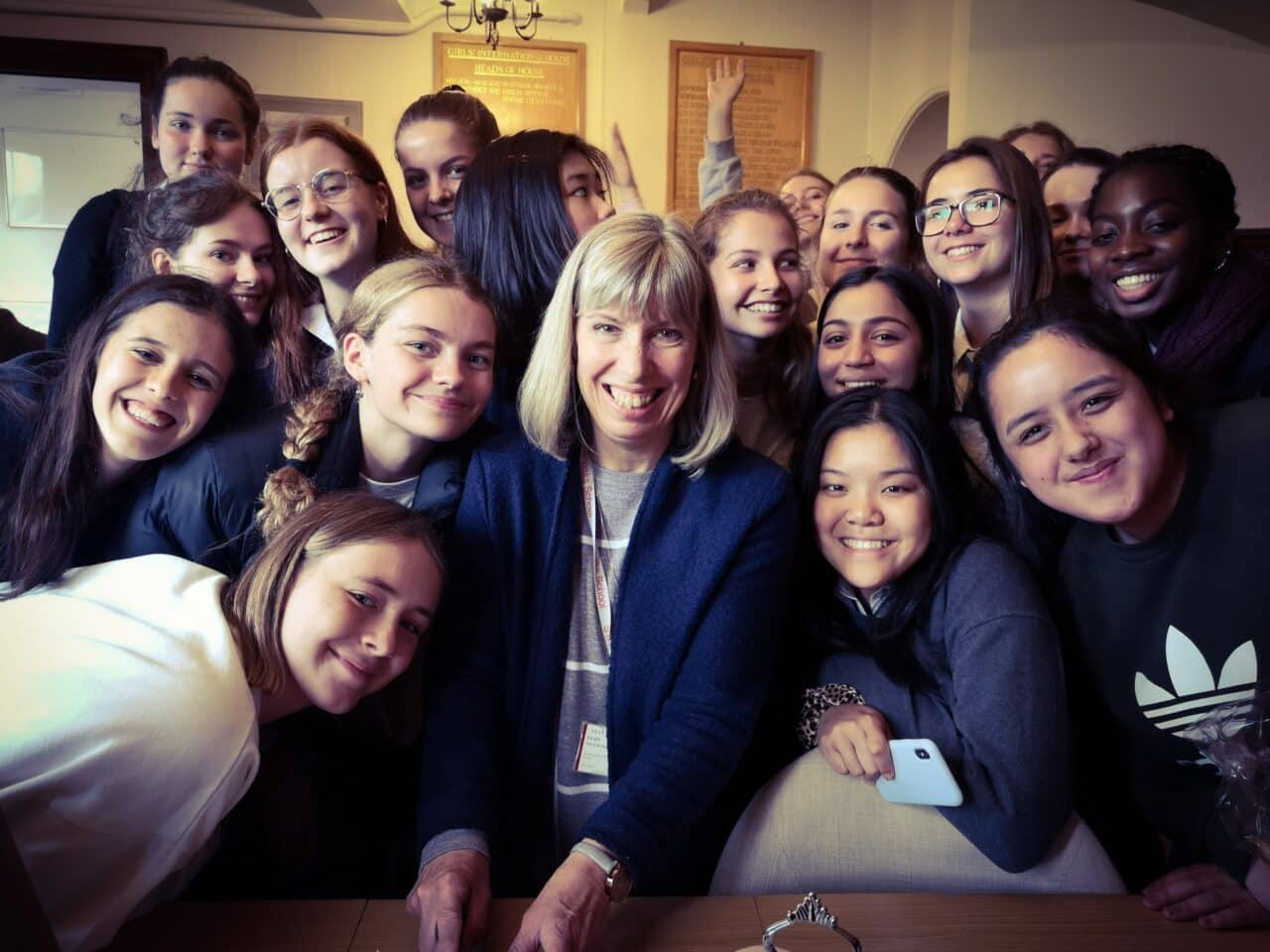
HOUSE MATRONS
House Matrons are responsible for the domestic life of the house, ensuring that a wide variety of everyday tasks run as seamlessly as possible.
The House Matron is on duty during the day. A key part of their role is to support the health needs of boarders, liaising with the nurses in the Health Centre as necessary. Unwell boarders are looked after either at the Health Centre or in their house, depending on the child’s needs. If they remain in their house, the House Matron will monitor them, bringing food and snacks and ensuring medical attention is sought when required.
Matrons also arrange dental appointments and will hold the hands of nervous patients if asked! They will chase lost luggage, arrange airport taxi transfers at the beginning and end of term and order and monitor house food stores. The House Matrons are not resident but have close contact with the boarders on a day-to-day basis. They can be contacted directly by phone or email.
Weekends, trips, activities and events
Boarders can remain in school for all seven days a week, and about 75 per cent of our boarders choose to stay each weekend.
At Sevenoaks we believe in flexibility, so the only weekend when students have to stay in at the weekend is the very first one of the academic year. At other weekends, provided all the relevant permissions have been sought, students may go home or stay at friends’ houses, returning by 21:00 on Sunday evening.
After a busy six-day week, Sunday is a chance to relax and catch up. Breakfast is replaced by brunch, which is provided from 10:30 to 12:00, and is an extremely popular meal. Boarders have access to onsite facilities such as The Sennocke Centre with sports hall, pool and gym, and The Space, our performing arts centre, as well as the facilities in Sevenoaks town, which includes Knole Park, the Stag cinema and coffee shops.
Each half term there is a Sunday trip to an offsite venue, such as paintballing, a theme park, escape games or ice skating. New trips are suggested by the boarders’ council, and the list changes regularly to accommodate their wishes. Of course, London is just 30 minutes away by train, and as long as parents have given their permission, Sixth Form boarders are allowed to spend the day there.
In addition to these weekend trips, and access to the full programme of whole school trips and activities, there are a large number of midweek special events for boarders. These include international evenings, Valentine dinners, inter-house football, our Boarders’ Olympics programme (which includes three-legged racing and the very popular synchronised swim), inter-house quizzes, tutor group dinners, theatre trips and overnight camping trips, to name just a few. Boarding at Sevenoaks is a full, fun and relaxed experience.
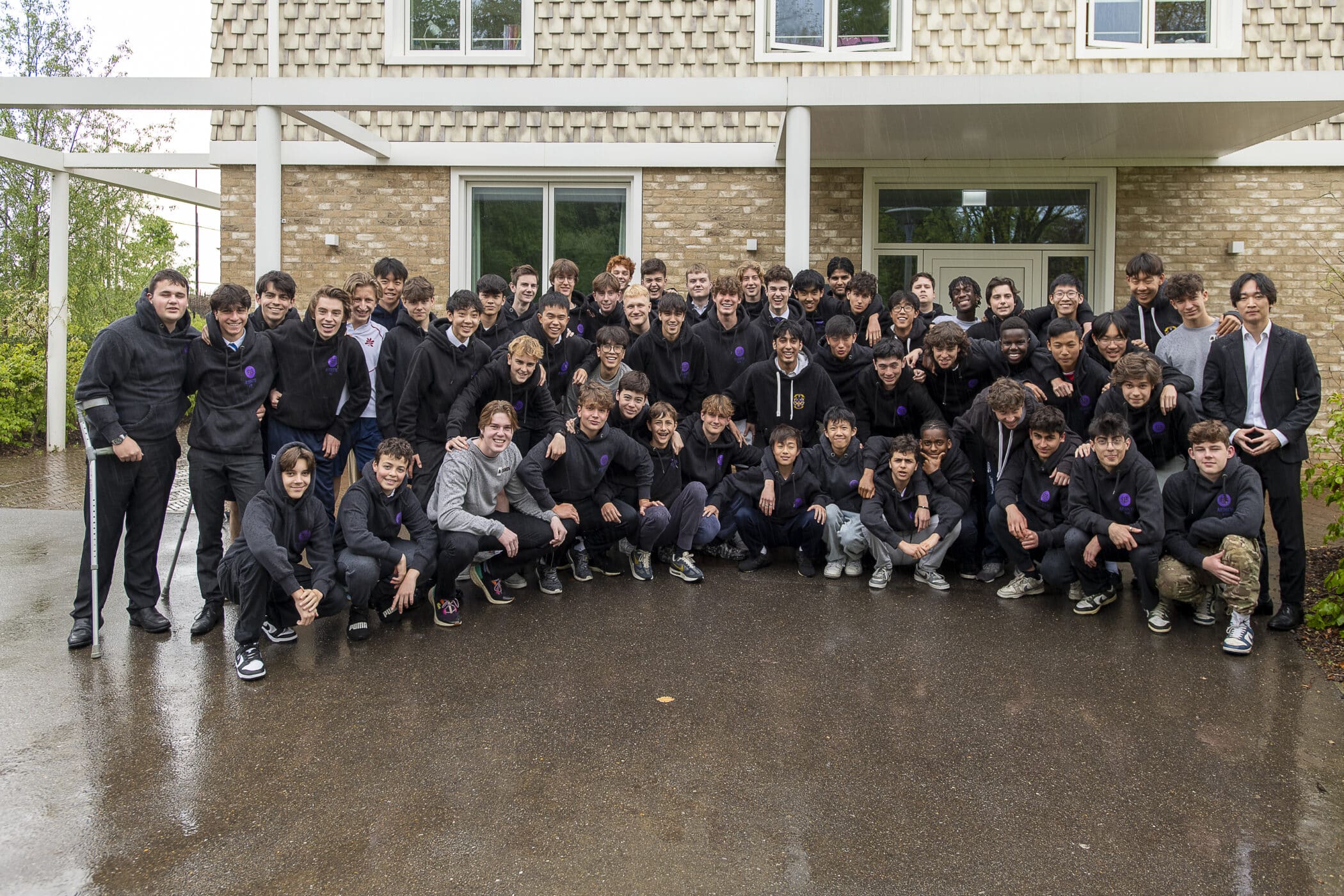

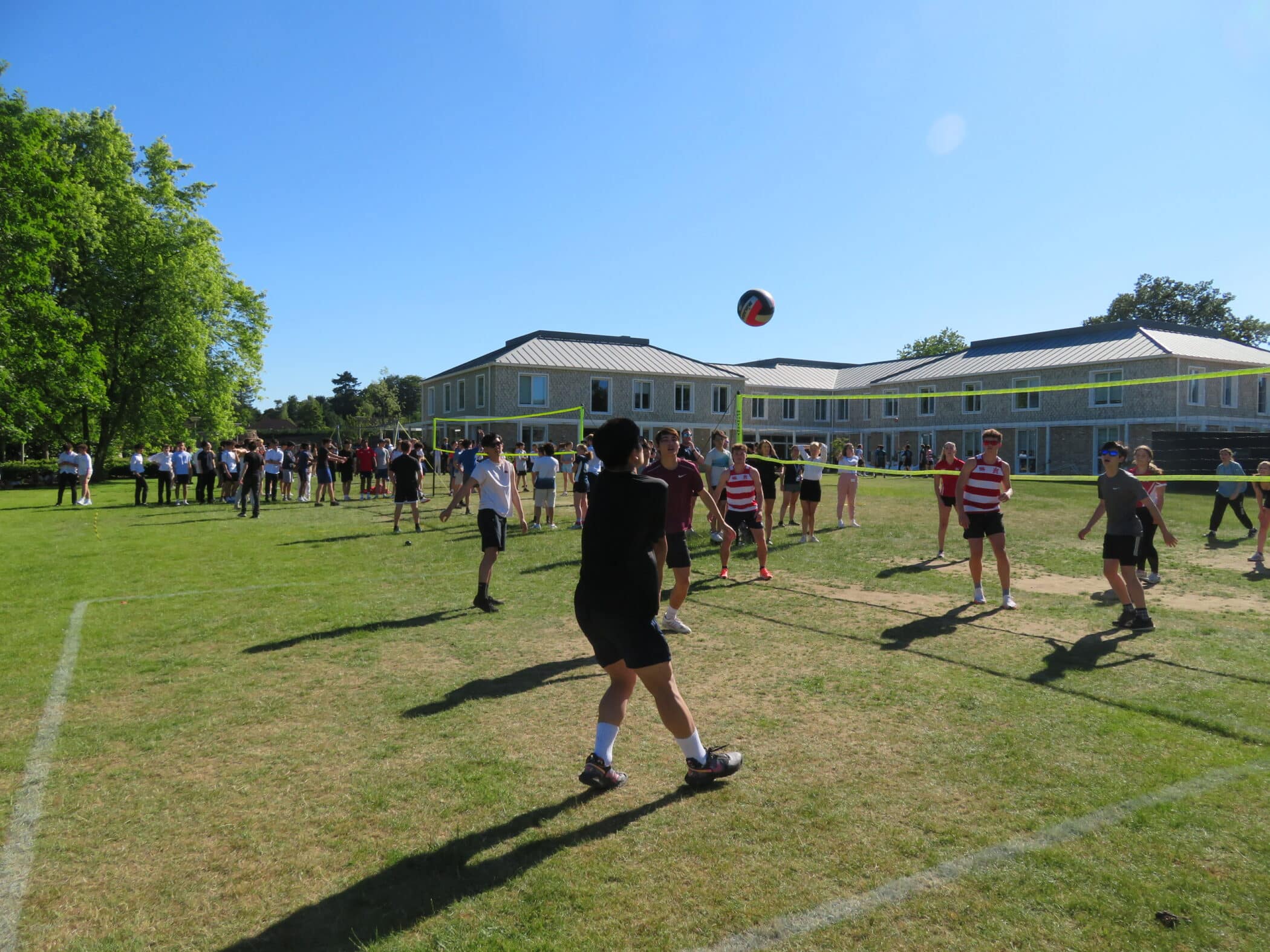
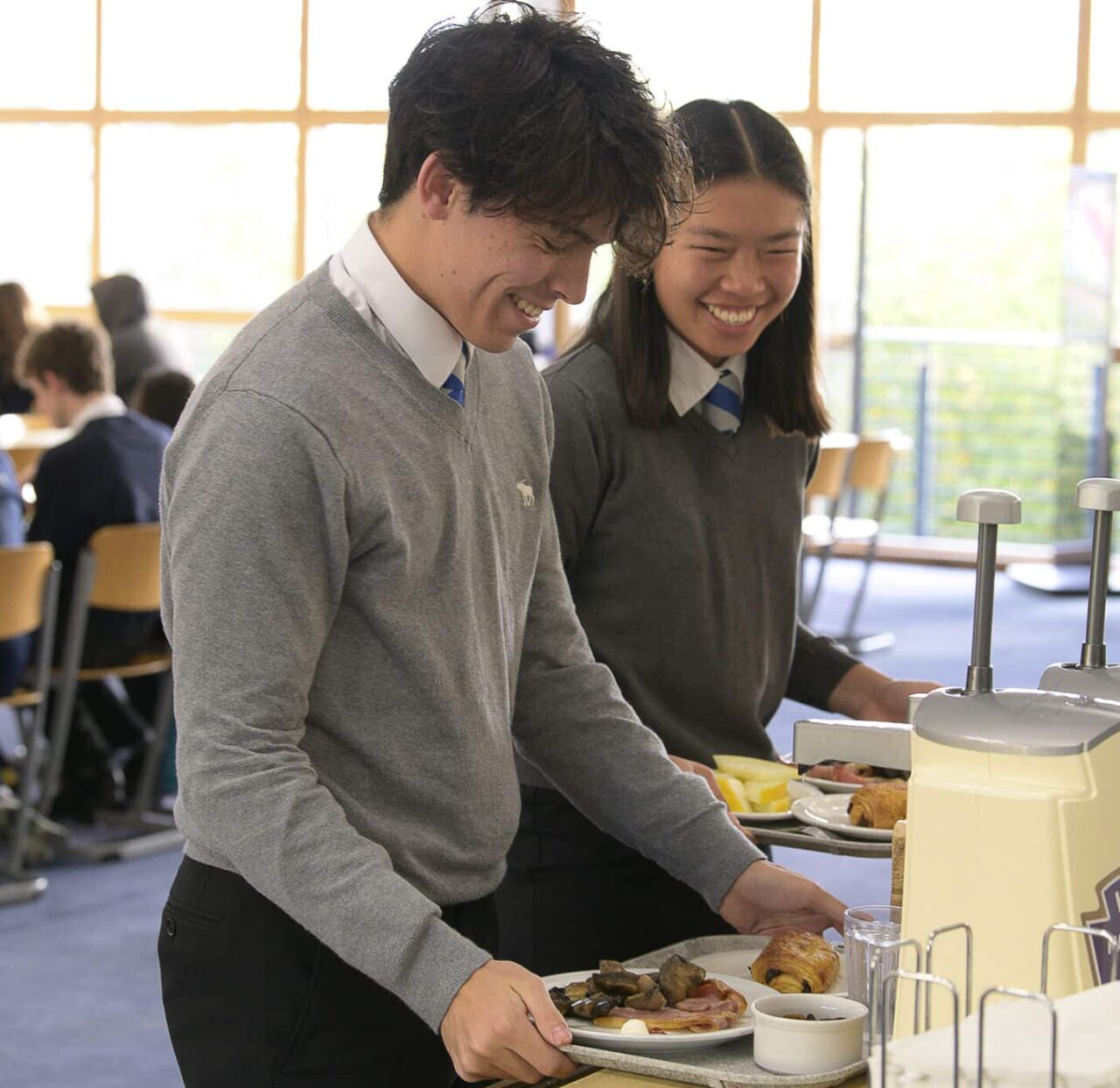
CATERING
We don’t serve ‘school dinners’ here, we make food to fill the stomach, stimulate the mind and soothe the spirit!
Good food is vital for staying both physically and mentally healthy. Our boarders eat together at breakfast and supper, and with the whole school community at lunch. This allows us to offer a greater variety of menu choices. Breakfast always includes fruit, cereal, toast and a cooked option, while supper includes soup, three choices of main course including at least one vegan option, choices of dessert including fruit and yogurt and a salad bar. Special diets, including medical and cultural, can be arranged. Termly surveys of the whole boarding community plus weekly feedback through the Boarders’ Council ensure that student requests are taken into account. Boarding houses are also stocked with essential items, such as bread, milk, cereal and fruit. Boarders are permitted to cook in the house kitchens at weekends, and many prove themselves to be very enthusiastic bakers!
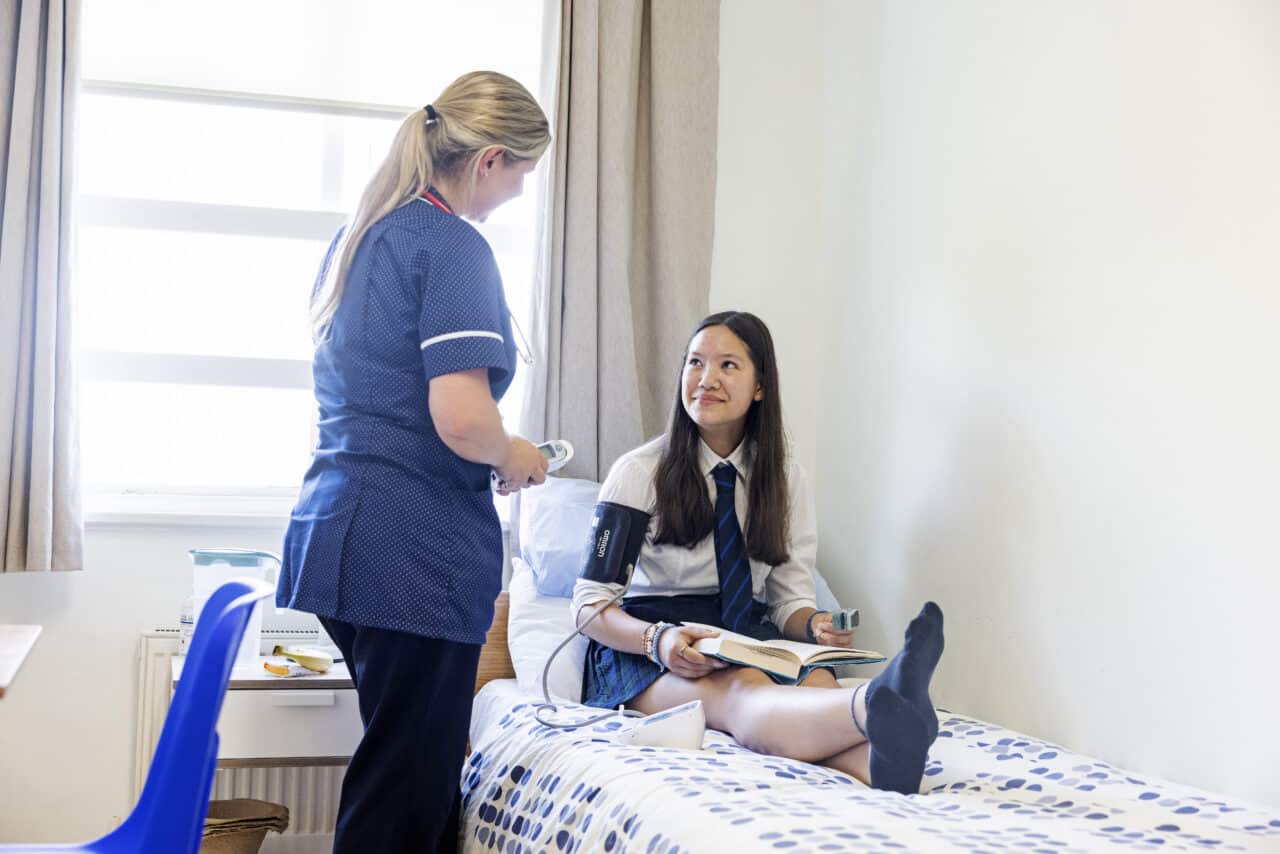
Health Centre
The on-site 24/7 Health Centre is staffed by qualified nurses and is open for advice, support and treatment.
A doctor visits each weekday to see those that need it, and a physiotherapist holds a weekly clinic. For other specialist services Sevenoaks is well equipped and London is within easy travelling distance.
